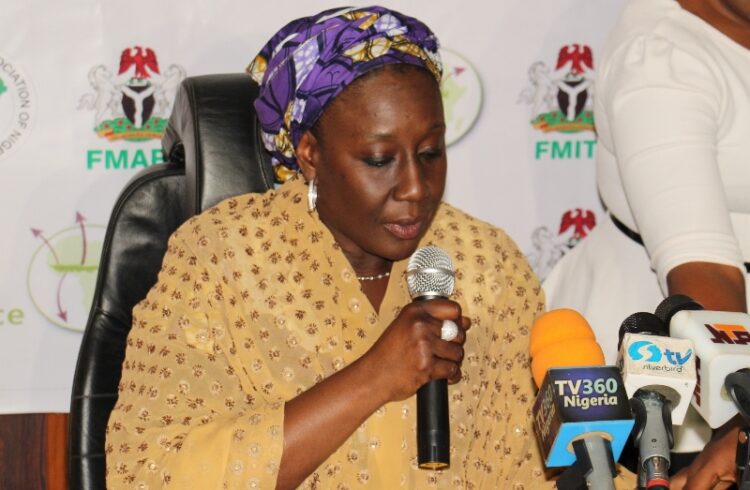The federal government has been urged to implement the presidential Executive Order 5 which directs that all procuring authorities shall give preference to Nigerian companies and firms in the award of contracts, in line with the Public Procurement Act 2007.
This request was made during a roundtable meeting organized by the Nigerian Chamber of Commerce, Industries, Mines and Agriculture Women Business Group, in collaboration with the Nigerian Export Promotion Council, UN Women, and the Partnership for Advancing Women in Economic Development anchored by the Development Research and Project Centre.
In her opening remarks, former Minister of Trade and Industries and chairperson of NACCIMA Women Business Group, Hajiya Aisha Abubakar disclosed that the presidential executive order should be enforced to enable women to have the desired quota in procurement, and other government businesses.
She said gender equality is a human right issue and an economic opportunity for the vulnerable. She then urged the federal and state governments to open up procurement for women businesses to empower them, create job opportunities, and enhance the socio-economic development of Nigeria.
The National Coordinator of Partnership for Advancing Women in Economic Development (PAWED), Barrister Vera Ndanusa, who is also the President of the National Association of Women Entrepreneurs, said women will no longer continue to be debating the economic, social and political benefits of supporting women’s economic empowerment since it has been established in international conventions and declarations, including the Beijing Declaration and Platform for Action, and all available evidence confirms that supporting women’s entrepreneurship and women-owned businesses helps to increase national growth and development.
“In Nigeria, women businesses account for only 1% of all procurements at the federal and state levels. This is due to a lack of access to information about the opportunities, legal and regulatory challenges, and other barriers preventing women from having access to this critical sector of national growth. While globally, procurement is estimated to be $5.5BN, Nigeria spends $1.1bn on procurement. This is equivalent to N473bn. Only N4.73bn goes to women businesses,” she said.
Barrister Vera then called for stronger partnerships in building advocacies together for a stronger voice for women in businesses to be able to speak and demand with one voice.
The Director General of the Abuja Chamber of Commerce, Ambassador Ayoola Olukanni, said the chamber serves as the umbrella organization for all the various affiliate members within the country.
He said the executive order will go a long way in promoting inclusion of women in public procurement.









